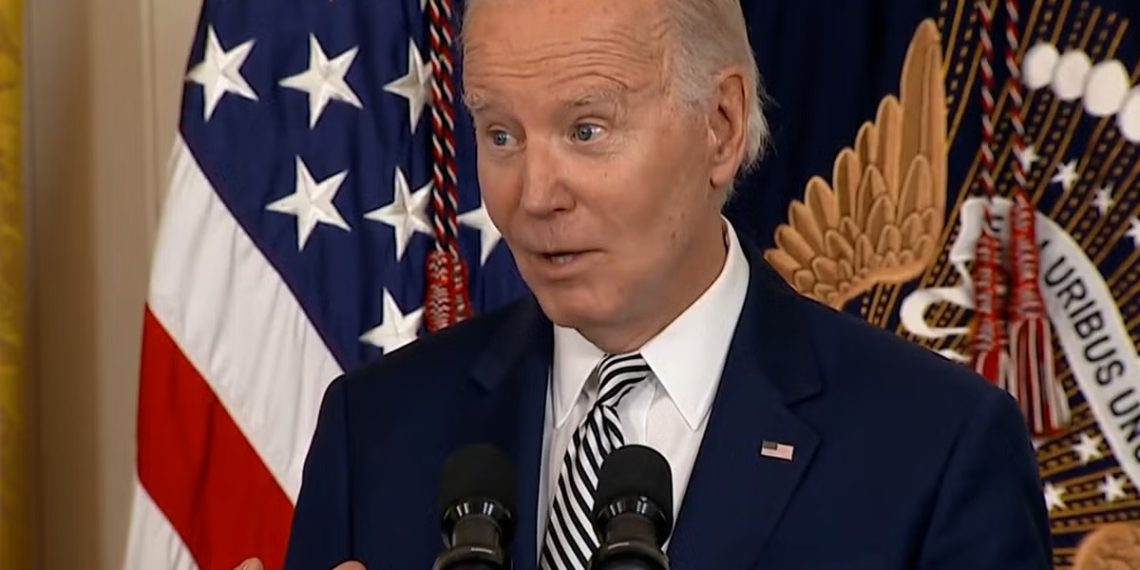In the lead-up to Slovakia’s critical election, a disturbing revelation unfolded – a deepfake audio recording emerged, featuring a top candidate seemingly admitting to rigging the election. The fabricated audio, created using artificial intelligence (AI), spread rapidly across social media platforms, casting a shadow over the democratic process.
What makes this incident particularly concerning is not just the impact it had on the election outcome but the stark realization that such AI-generated disinformation poses a significant threat to democratic processes worldwide.
The Slovakian deepfake debacle serves as a chilling prelude to potential interference in the 2024 U.S. presidential election, prompting senior U.S. officials to reevaluate their preparedness.
With the rise of deepfakes – manipulated media content often indistinguishable from reality – the landscape of disinformation campaigns has evolved. Political operatives, pranksters, or even nation-states can exploit generative AI to create realistic-looking content that can quickly proliferate online.
U.S. officials are not taking this lightly. A senior U.S. official revealed that there’s a concerted effort to prepare for the advent of “deepfakes” designed to sow confusion among voters. The fear is that foreign governments could leverage AI to interfere in the electoral process, adding a layer of complexity to the existing challenges of misinformation.
While some U.S. states have taken steps to regulate deepfakes, the response is inconsistent. California, Michigan, Minnesota, Texas, and Washington have enacted laws addressing deepfakes in elections, reflecting a growing awareness of the threat. However, a review indicates that the majority of states lack specific training, policies, or programs tailored to counter election-related deepfakes.
The 2024 U.S. presidential election is anticipated to be a battleground for AI-generated disinformation. From fake voices discouraging voters in primary elections to manipulated images circulating on social media, the U.S. has already witnessed instances of AI-generated content influencing public opinion. The challenge lies in the ability of disinformation to rapidly spread, making it difficult to contain once unleashed.
Efforts to regulate deepfakes and protect elections vary across states. Some states have passed laws criminalizing the dissemination of deepfakes intended to harm candidates, while others are still grappling with finding effective tools for public awareness and detection. The lack of a unified federal approach leaves the nation vulnerable to sophisticated disinformation campaigns.
As the U.S. navigates the complex terrain of disinformation, lessons from Slovakia underscore the need for comprehensive preparedness. The deepfake incident in Slovakia, although unattributed, has raised suspicions of foreign interference, pointing to the broader challenge of defending against AI-driven election meddling.

The warning from Slovakia echoes globally: brace for a surge of deepfakes targeting political candidates, polarizing public opinion, and disrupting social cohesion. The ease with which deepfakes can be produced, coupled with the absence of effective regulations, creates a potent tool for those seeking to manipulate democratic processes.
In the face of an evolving disinformation landscape, the urgency to address deepfake threats becomes paramount. The 2024 U.S. presidential election looms as a potential battleground for AI-generated deception, emphasizing the need for coordinated efforts, legislation, and public awareness to safeguard the democratic foundations from the rising tide of synthetic disinformation.





